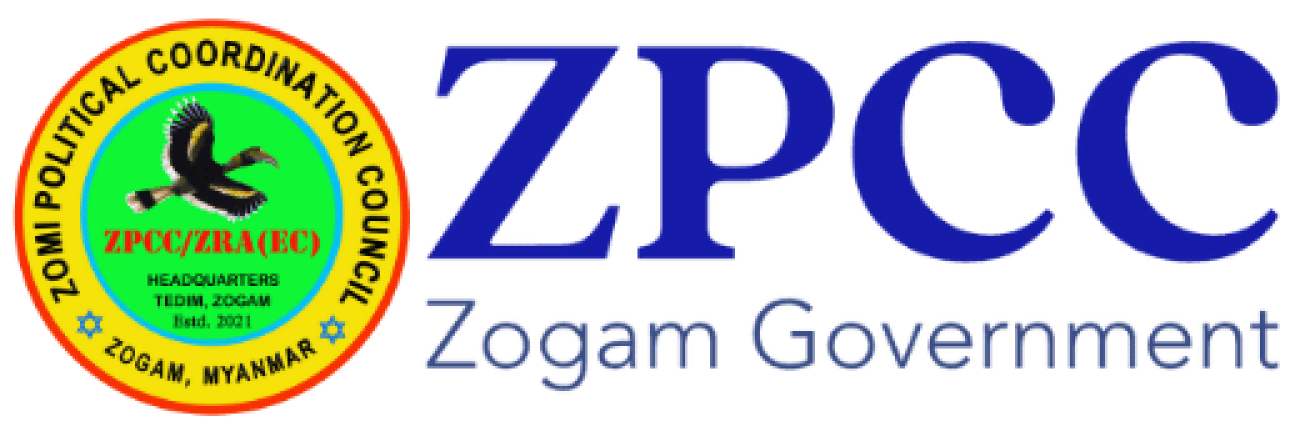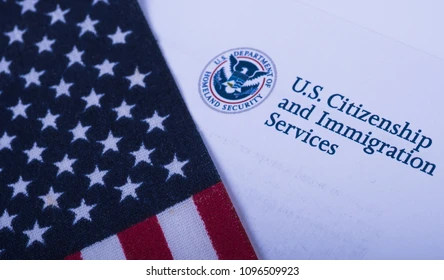Zomi Research Institute
For Immediate Release – August 2025
USCIS Ends Free Interpreter Services: Applicants Must Now Provide Their Own
Effective September 28, 2025
Washington, D.C. – The U.S. Citizenship and Immigration Services (USCIS) has announced a significant policy shift: starting September 28, 2025, the agency will no longer provide on-site interpreter services at field office appointments, including green card, asylum, and citizenship interviews. Applicants requiring language assistance must now supply their own qualified interpreter (Multilingual).
Official Announcement & Government Sources
USCIS confirmed the change via a post on its official Facebook page, stating:
“Beginning Sept. 28, we will not provide [an interpreter]. You may use a professional interpreter or a friend or family member over the age of 18.” (Facebook)
Additionally, USCIS reiterated through social media that applicants are now responsible for arranging their own interpreters for field office appointments (Facebook).
Who Can Use an Interpreter?
General Interpreter Guidelines
If you need help understanding or communicating in English during your USCIS interview, your interpreter must:
- Be fluent in both English and your language
- Be at least 18 years old
- Not be your attorney, a witness, or anyone with a conflict of interest
- Present a valid government-issued photo ID
- Accompany you to sign Form G‑1256, Declaration for Interpreted USCIS Interview, during your interview—not in advance (Law Offices of Salvatore A. Falletta)
Naturalization (Citizenship) Exceptions
While applicants generally must demonstrate English proficiency for naturalization, USCIS allows interpreter use for certain exempt groups:
- 50/20 Rule: Applicants aged 50+ with at least 20 years as permanent residents
- 55/15 Rule: Applicants aged 55+ with at least 15 years as permanent residents
- 65/20 Rule: Applicants aged 65+ with at least 20 years as permanent residents (qualify for a simplified civics test)
- Applicants with approved Form N‑648 due to disability accommodations are also exempted and may bring interpreters (U.S. Department of Homeland Security, USCIS)
Challenges Facing Zomi Applicants
Interpreter Scarcity
Zomi language interpreters are rare and typically only available in limited U.S. locations—such as Tulsa, Indianapolis, and Louisville.
Financial Burden
Hiring a professional interpreter can cost $50 to $150 per hour, which may be a significant strain for low-income families or recent refugees.
Risk of Miscommunication
Even small translation mistakes can undermine credibility or misrepresent an applicant’s story—especially in asylum interviews or citizenship cases involving trauma or complex legal issues.
Real-Life Scenarios: Illustrating the Impacts
- Naturalization Under 55/15 Rule
A 57-year-old Zomi man, who has resided legally for 16 years, qualifies under the 55/15 rule. He brings a Zomi interpreter, signs Form G-1256 at the interview, and completes the civics test in Zomi. - Asylum Case Misinterpretation
A Zomi woman reports religious persecution. Her interpreter translates “Christian faith” as “personal choice,” leading the officer to perceive it as a personal matter rather than persecution, jeopardizing her asylum claim. - Scheduling Delays
A Zomi family in Texas cannot locate a nearby Zomi interpreter and reschedules their appointment—creating a six-month delay—and leaving them without stable immigration status or work authorization.
Zomi Research Institute Recommendations
If you need an interpreter for a USCIS appointment:
- Check for naturalization exemptions: Are you eligible under the 50/20, 55/15, 65/20, or N-648 disability rules?
- Act early: Begin your search for a qualified interpreter as soon as you receive your appointment notice.
- Verify qualifications: The interpreter should be 18+, fluent, impartial, and must bring a valid ID.
- Bring Form G-1256: Do not pre-sign it—complete it together with the officer during your interview.
- Seek help: Contact local Zomi churches, refugee support centers, and legal aid organizations for assistance.
- Reschedule if necessary: It’s better to postpone than to attend without a properly qualified interpreter.
USCIS’s 2025 policy makes the interpreter requirement entirely the responsibility of applicants. For Zomi communities—already grappling with language isolation and limited resources—this change presents real threats to fairness and legal access.
The Zomi Research Institute urges support from the Zomi community groups, policymakers, and legal advocates to ensure Zomi applicants are not left without crucial language access in their immigration process.
Contact:
Zomi Research Institute
Website: www.zomiresearch.org
Email: info@zomiresearch.org


